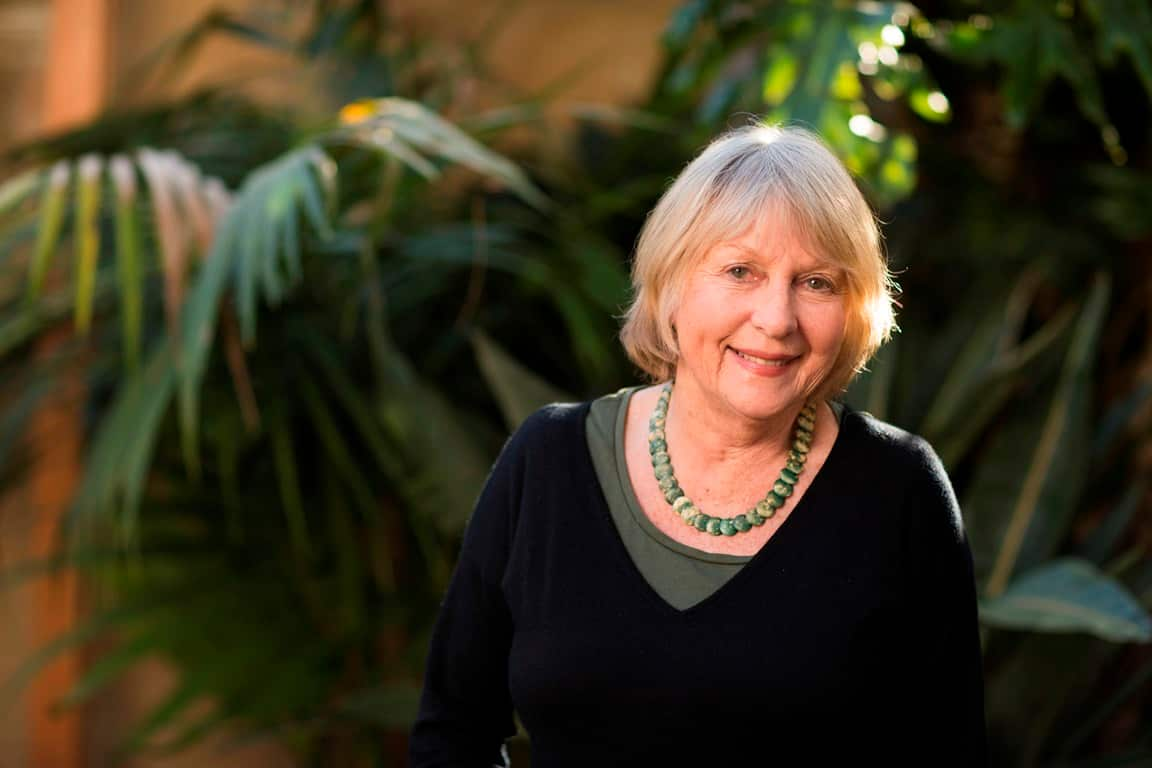A lot of people think carers are saints. They commend us for our selflessness but aren’t aware of the severe isolation, guilt, exhaustion and daily challenges that come with the constant care for another.
I was first introduced to caring in the late 70s when my sister, a gifted artist living next door to me, developed schizophrenia. When she first started presenting symptoms there was minimal knowledge of the illness. I didn’t know what was happening to even know where to begin to help her.
As time passed and worry grew, I turned to friends and neighbours hoping they could offer advice. I felt my nephew, who was only five at the time, was in danger. I told them about her unusual behavior, but when they bumped into her on the street she appeared perfectly normal. That’s the thing with mental illness – it’s invisible.
This went on for months until one day I was forcibly admitted into a psychiatric hospital as friends believed it was me who needed help. When I spoke to a doctor and told him everything that had been troubling me about my sister, he agreed that she was unwell. My sister was then admitted and subsequently released from hospital with a diagnosis of schizophrenia. This is when I became her carer.
For almost a decade I cared for her. She took herself off medication as it affected her art and as a result she wasn’t very well. As a single mother of three myself, I was now also responsible for my sister and her son, who would also go on to develop schizophrenia.
"I was also overwhelmed with feelings of guilt."
I turned to alcohol in an attempt to alleviate what I was going through. I was totally isolated. People had decided to not be a part of my life because they were afraid of what they didn’t understand.
The burnout and exhaustion – for me - was the most debilitating thing. It was something that I was never relieved of, but rather learned to live with.
Along with the physical struggle there was also the mental exhaustion. When I would make it to bed, I was kept awake from worrying about how things would pan out or what might happen if I wasn’t there.
After a decade of care, my nephew ultimately took his own life and my sister passed away just eight weeks later. I don’t even know if there are words to describe that time.
The grief of losing two close family members alone could push someone over the edge, but then I was also overwhelmed with feelings of guilt. I thought as the only one supporting those two, I was responsible in some way for what had happened.
I went to a psychiatrist to try to understand what schizophrenia was and I finally had some relief. The more I learnt, the better I felt.

Not long after, my son developed depression and was later diagnosed with bipolar disorder. I have been his carer on and off ever since. The guilt arose again and I asked myself, ‘why didn’t I see it coming?’
I continued what I had begun earlier and kept researching mental illness. I made the decision to stop drinking and trialed healthier ways of coping.
Journaling and meditation – contrary to what I thought - worked for me. I could pour my guilt out onto the page and release my anger through meditation.
While at the time classes were limited, I found comfort in talking to people who had lived similar experiences. I now run workshops for carers all over Australia and can say the biggest relief for carers comes from sharing their story and being listened to.
"People have a fear of the unknown."
Over four decades I have noticed an incredible improvement in the stigma around severe mental illnesses, but it is still there.
In my interactions I have found that it is not uncommon for people to say the person they are caring for has another illness like cancer, just to avoid the uncomfortable conversation that follows. This is especially true in rural areas.
People have a fear of the unknown, a fear that the person could hurt them and this only pushes carers back into that isolation.
Often carers fall into a routine, let themselves go and withdraw from the world. Those caring for someone – not only with someone with a mental illness – need to find something just for themselves. It might be shopping or going for a walk, but integrating this into your life helps you to stay connected.
While support for the individual with the illness is paramount, it is important that we don’t leave behind and forget the carers in this story.
Helplines
Lifeline: 13 11 14 or https://www.lifeline.org.au/
Kids Helpline : 1800 55 1800
SANE Helpline: 1800 18 7263 or http://www.sane.org/information/helpline
Insight is Australia's leading forum for debate and powerful first-person stories offering a unique perspective on the way we live. Read more about Insight
Have a story or comment? Contact Us


